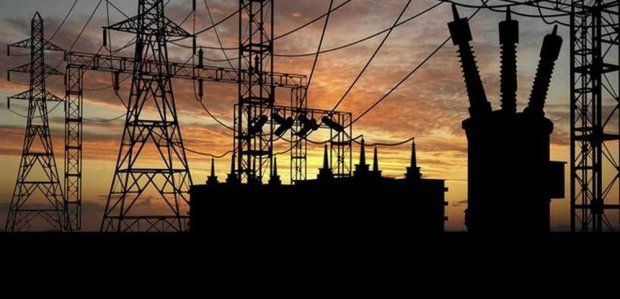A series of energy system problems and insufficiencies encountered as a result of the country’s latest energy crisis, which struck just days and has yet to ease, has underlined a misjudgment of forecasts and market operation limitations.
Market conditions that do not allow for a true reflection of energy costs amid times of crisis have emerged as the main problem, which is causing a domino effect and severely limiting the capacity for action.
The cost of additional gas required amid the energy shortage has remained low. This has not troubled consumers and suppliers from demanding a gas amount exceeding usual levels by 110,000 MWh over a period of just two days. It will result in a slight shortage tomorrow.
Likewise, the electricity market’s System Marginal Price (SMP) is today expected to reach just 77.80 euros per MWh, following a level of 60.60 euros per MWh yesterday and 50.30 MWh on Sunday. Such subdued price levels rule out the possibility of electricity imports, especially when market forces in neighboring countries actually work and extreme weather conditions impact the cost of energy. For example, the cost of electricity in Bulgaria currently exceeds 100 euros per MWh.
Subsequently, the local system faces the challenge of overcoming the current energy crisis by pushing the country’s hydropower stations to their limits. A number of main power utility PPC lignite-fired power stations have been forced out of action amid the strain. If the freezing weather conditions persist, more units could be sidelined.
A decision by local authorities to withdraw two power stations for an extended period of time, in order to conduct desulphurization maintenance work, has proven to be a bad move in terms of timing.
As for the gas market, DESFA, the natural gas grid operator, clearly underestimated the situation. Its forecasts ended up falling well short of actual consumption levels. Suppliers who misjudged the market’s conditions are also responsible.





